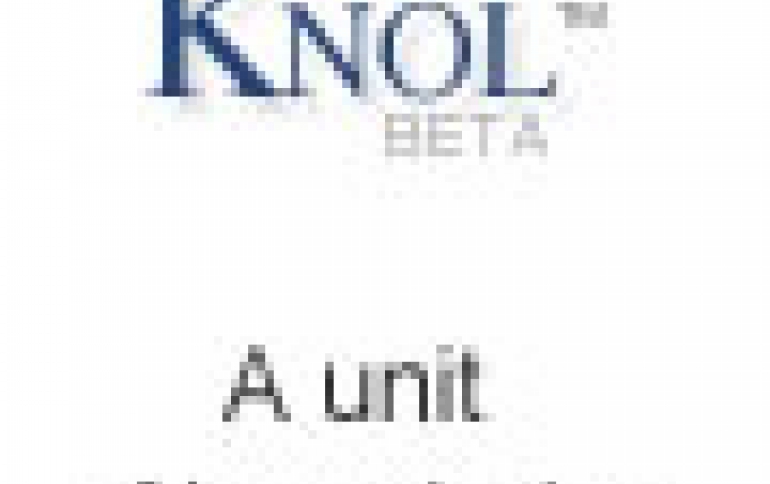
Google Opens Knol Website
Google officially opened its website Knol to the public on Wednesday, allowing people to write about their areas of expertise under their bylines in a twist on encyclopedia Wikipedia, which allows anonymity.
The key principle behind Knol is authorship. Every knol will have an author (or group of authors) who put their name behind their content. It's their knol, their voice, their opinion. Google expectes that there will be multiple knols on the same subject.
Knols include community tools which allow for many modes of interaction between readers and authors. People can submit comments, rate, or write a review of a knol. At the discretion of the author, a knol may include ads from the company's AdSense program. If an author chooses to include ads, Google will provide the author with a revenue share from the proceeds of those ad placements.
Google wants to rank entries by popularity to encourage competition. For example, the first knol on "Type 1 Diabetes" is by Anne Peters, director of the University of Southern California's Clinical Diabetes Programs.
As other writers publish on diabetes, Google plans to rank related pages according to user ratings, reviews and how often people refer to specific pages, DuPont said.
Knol does not edit or endorse the information and visitors will not be able to edit or contribute to a knol unless they have the author's permission. Readers will be able to notify Google if they find any content objectionable.
In its early stages, Knol remains a far cry from Wikipedia, www.wikipedia.org, which boasts 7 million collectively edited articles in 200 languages.
Google also said that it had a deal with the New Yorker magazine which allows any author to add one cartoon per knol from the New Yorker's cartoon repository.
For more information visit knol.google.com.
Knols include community tools which allow for many modes of interaction between readers and authors. People can submit comments, rate, or write a review of a knol. At the discretion of the author, a knol may include ads from the company's AdSense program. If an author chooses to include ads, Google will provide the author with a revenue share from the proceeds of those ad placements.
Google wants to rank entries by popularity to encourage competition. For example, the first knol on "Type 1 Diabetes" is by Anne Peters, director of the University of Southern California's Clinical Diabetes Programs.
As other writers publish on diabetes, Google plans to rank related pages according to user ratings, reviews and how often people refer to specific pages, DuPont said.
Knol does not edit or endorse the information and visitors will not be able to edit or contribute to a knol unless they have the author's permission. Readers will be able to notify Google if they find any content objectionable.
In its early stages, Knol remains a far cry from Wikipedia, www.wikipedia.org, which boasts 7 million collectively edited articles in 200 languages.
Google also said that it had a deal with the New Yorker magazine which allows any author to add one cartoon per knol from the New Yorker's cartoon repository.
For more information visit knol.google.com.




















